It hates Jews.
I can think of no other rational explanation for the latest missive from the ACoC on the war in Gaza. It calls for a ceasefire before Hamas has been defeated and the kidnapped Israeli hostages have been released.
It ignores the fact that civilian casualties are being caused by cowardly Hamas terrorists using civilians as human shields.
It ignores the fact that Israel warns civilians that buildings are going to be bombed, advises them to leave and Hamas shoots them as they do.
It ignores the fact that Hamas houses its headquarters in hospitals, mosques, kindergartens and schools in order to cause maximum civilian casualties when attacked.
It believes civilian casualty numbers produced by cowardly terrorist thugs who allow no freedom of the press, no free elections, or free anything else, rather than numbers from the IDF, whose government has all of the above.
And it expresses no outrage over the deaths of Muslims in these conflicts. Why? Because no Jews are involved:
Ethiopian conflict: 395,000 – 800,000 cumulative deaths
Yemeni civil war: 377,000 deaths
Deaths at the hands of Boko Haram: 368,000
Deaths from the war in Syria: 350,000
The Anglican Church of Canada reserves an especially vitriolic hatred for Israel. It hates the fact that God chose Israel. It hates Jews.
From here:
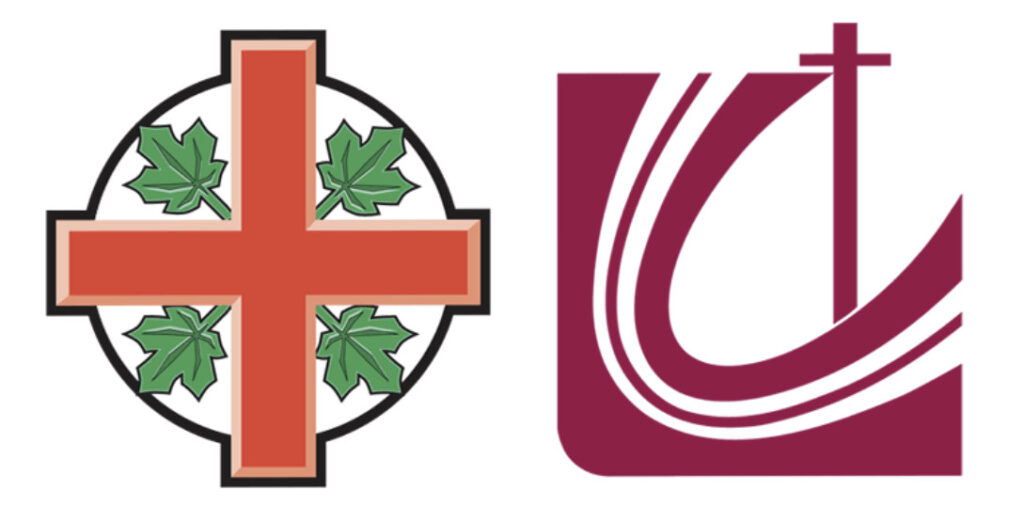 Dear Prime Minister Justin Trudeau,
Dear Prime Minister Justin Trudeau,
Thank you for writing yesterday and for your remarks in response to our letter of October 18th, in which we urged you to call for an immediate ceasefire between Israel and Hamas, and for the opening of a humanitarian corridor to allow potable water, food, medical care and more to reach the people of Gaza.
Thank you for your decisions and statements made in recent days, reiterating the importance of both Israel and Hamas respecting international law, ensuring the swift and unimpeded passage of humanitarian aid, and of protecting Israeli and Palestinian civilians. Thank you for evacuating Canadian citizens to safety.
Much has happened in the weeks since our last letter. The siege of Gaza has worsened, resulting in the deaths of more than 11,400 Gazans, including 4,700 children. All hospitals in Gaza City are now closed, as hundreds of thousands of people require medical care. More than one million Palestinians have now been forcibly displaced into smaller and smaller areas in southern Gaza, where humanitarian aid remains at critically low levels. Israeli settler violence against Palestinians in the West Bank has increased dramatically, and East Jerusalamites live in fear and danger of racist attacks, including assaults upon Christians and Church leaders.
Like this:
Like Loading...
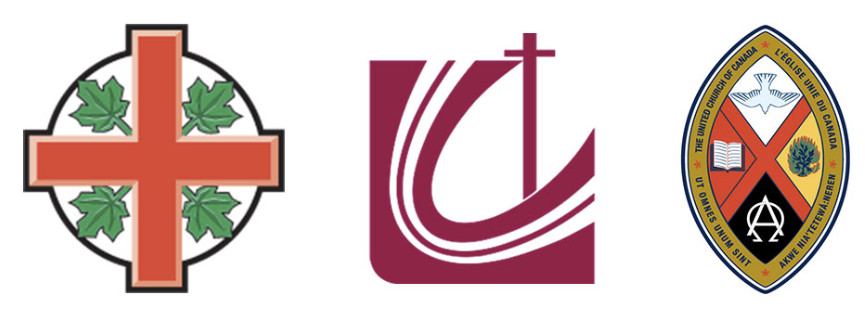


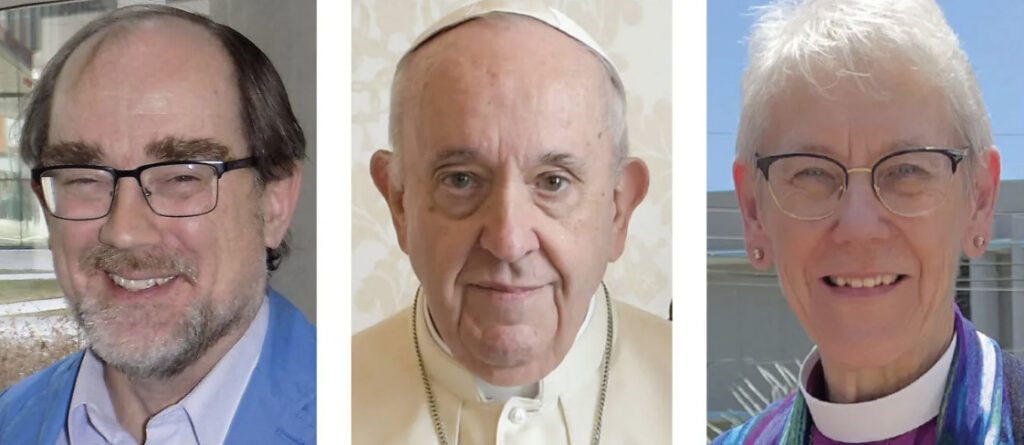 A document released by the Roman Catholic Church reconsidering its policy on blessings—including those to people in same-sex relationships—offers Anglicans a new way to think about divisions within their own communion, says the Rev. Iain Luke, principal of the Saskatoon-based College of Emmanuel and St. Chad and a member of the Anglican-Roman Catholic Dialogue.
A document released by the Roman Catholic Church reconsidering its policy on blessings—including those to people in same-sex relationships—offers Anglicans a new way to think about divisions within their own communion, says the Rev. Iain Luke, principal of the Saskatoon-based College of Emmanuel and St. Chad and a member of the Anglican-Roman Catholic Dialogue.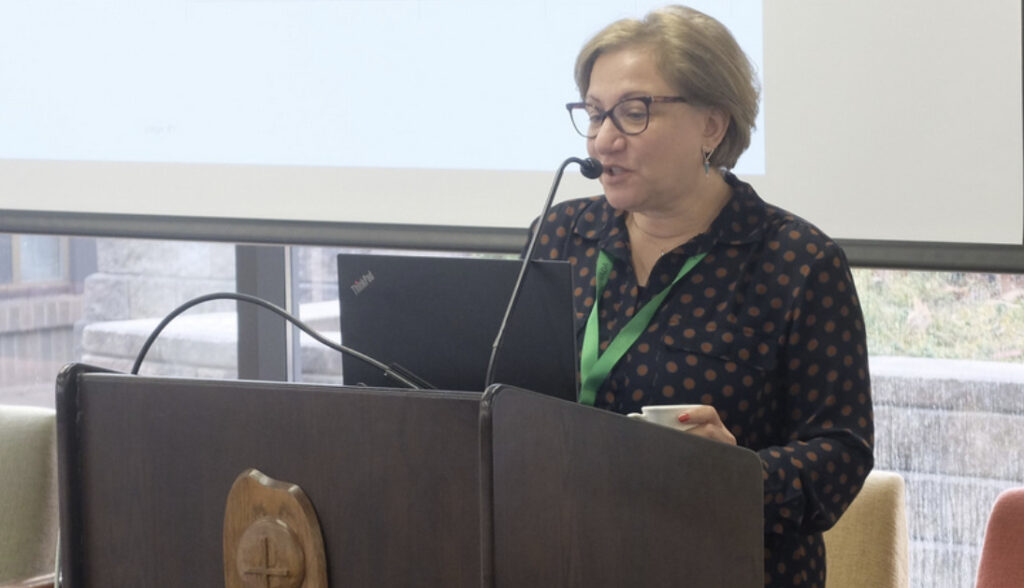 A drop in diocesan contributions to the national budget along with lingering financial uncertainty spurred a conversation about the long-term stability of the Anglican Church of Canada’s finances in a Nov. 24 session of the Council of General Synod (CoGS).
A drop in diocesan contributions to the national budget along with lingering financial uncertainty spurred a conversation about the long-term stability of the Anglican Church of Canada’s finances in a Nov. 24 session of the Council of General Synod (CoGS).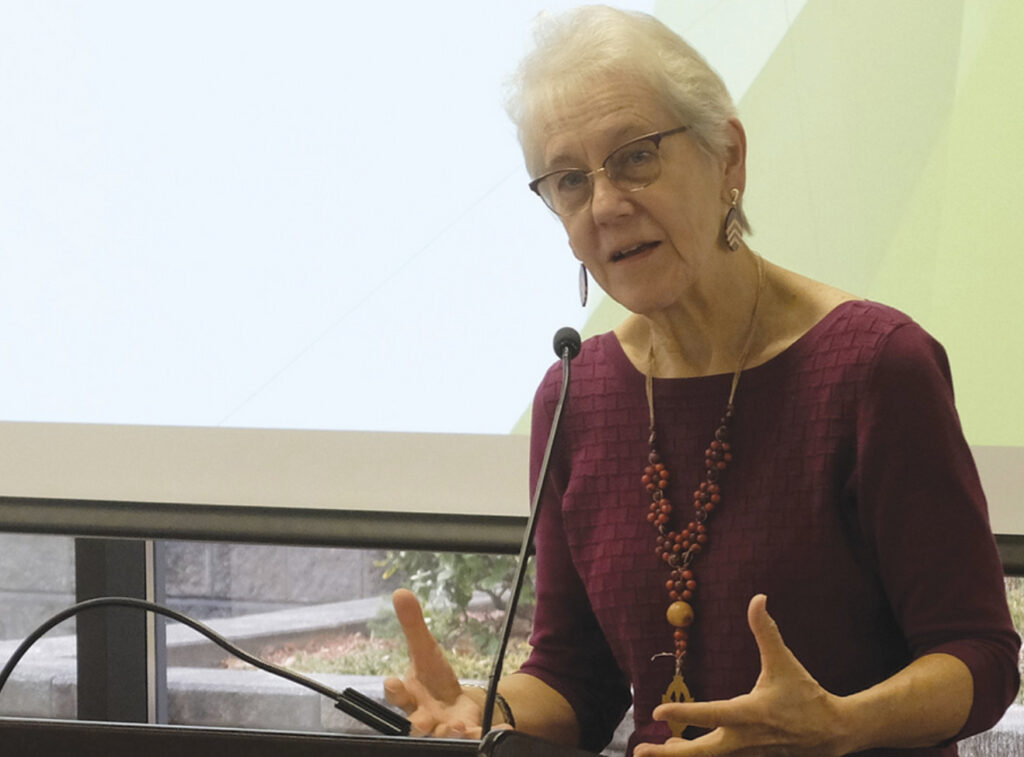 Archbishop Linda Nicholls, primate of the Anglican Church of Canada, has yet to decide on an exact retirement date, Council of General Synod (CoGS) heard Nov. 24.
Archbishop Linda Nicholls, primate of the Anglican Church of Canada, has yet to decide on an exact retirement date, Council of General Synod (CoGS) heard Nov. 24.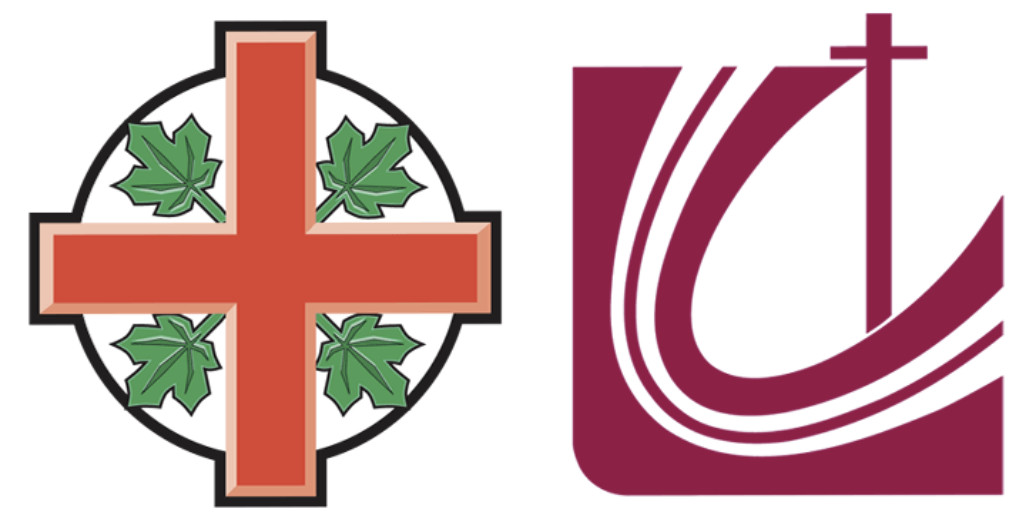 We write today to express our thanks for Canada’s vote on December 12 to support the UN General Assembly Resolution demanding an immediate humanitarian ceasefire between Israel and Hamas.
We write today to express our thanks for Canada’s vote on December 12 to support the UN General Assembly Resolution demanding an immediate humanitarian ceasefire between Israel and Hamas. Dear Prime Minister Justin Trudeau,
Dear Prime Minister Justin Trudeau,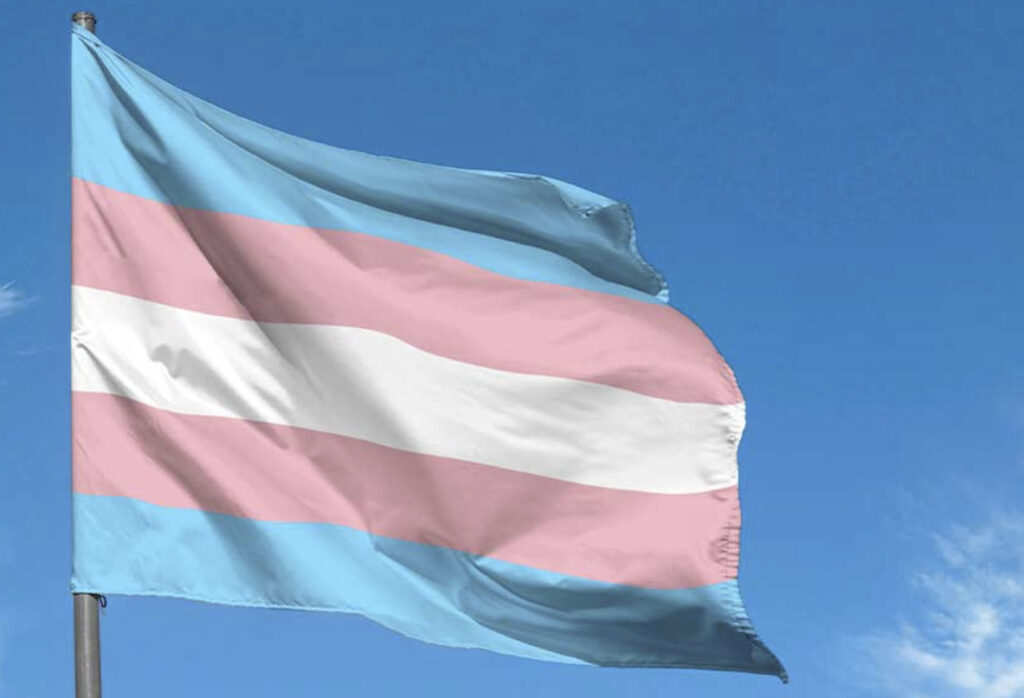 At the heart of the gospel is the truth that we created [sic] in the image of God. In every human being, the divine is present. As we grow from children to adults, we are shaped by many factors – family, culture, geography and faith – including our discovery of how we will live into the call of the image of God we are gifted with. In every generation, cultural expectations and gender definitions interact with the image of God, sometimes affirming and sometimes undermining the unconditional love of each human being in all our diversity.
At the heart of the gospel is the truth that we created [sic] in the image of God. In every human being, the divine is present. As we grow from children to adults, we are shaped by many factors – family, culture, geography and faith – including our discovery of how we will live into the call of the image of God we are gifted with. In every generation, cultural expectations and gender definitions interact with the image of God, sometimes affirming and sometimes undermining the unconditional love of each human being in all our diversity.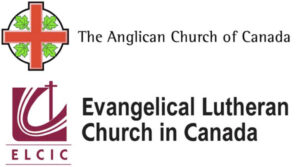
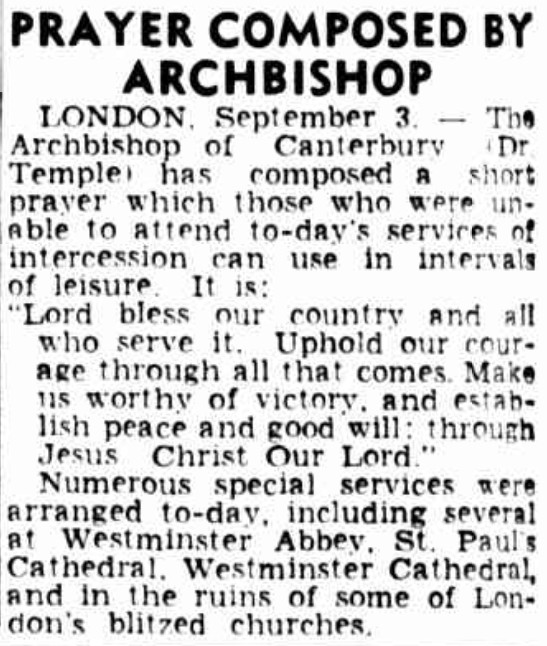
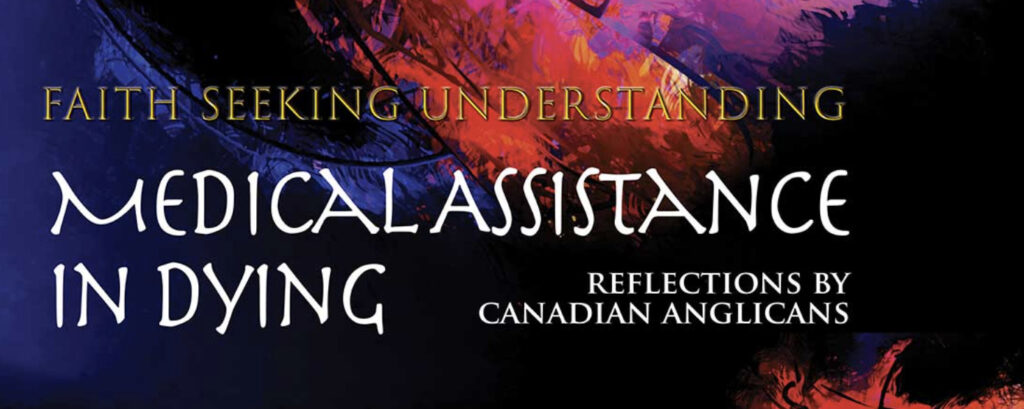 The Anglican Church of Canada has published the first round of a collection of essays reckoning with the questions of life, death, faith and dignity surrounding medical assistance in dying (MAID). Faith Seeking Understanding: Medical Assistance in Dying collects thoughts from clergy, caregivers and academics within and adjacent to the Anglican community in a volume available now as a PDF or an ebook through the church’s website. Submissions remain open until Nov. 17 for proposals of further essays or reflections either adding to or responding to the content released in this initial version, reads a note in the collection’s early pages.
The Anglican Church of Canada has published the first round of a collection of essays reckoning with the questions of life, death, faith and dignity surrounding medical assistance in dying (MAID). Faith Seeking Understanding: Medical Assistance in Dying collects thoughts from clergy, caregivers and academics within and adjacent to the Anglican community in a volume available now as a PDF or an ebook through the church’s website. Submissions remain open until Nov. 17 for proposals of further essays or reflections either adding to or responding to the content released in this initial version, reads a note in the collection’s early pages.